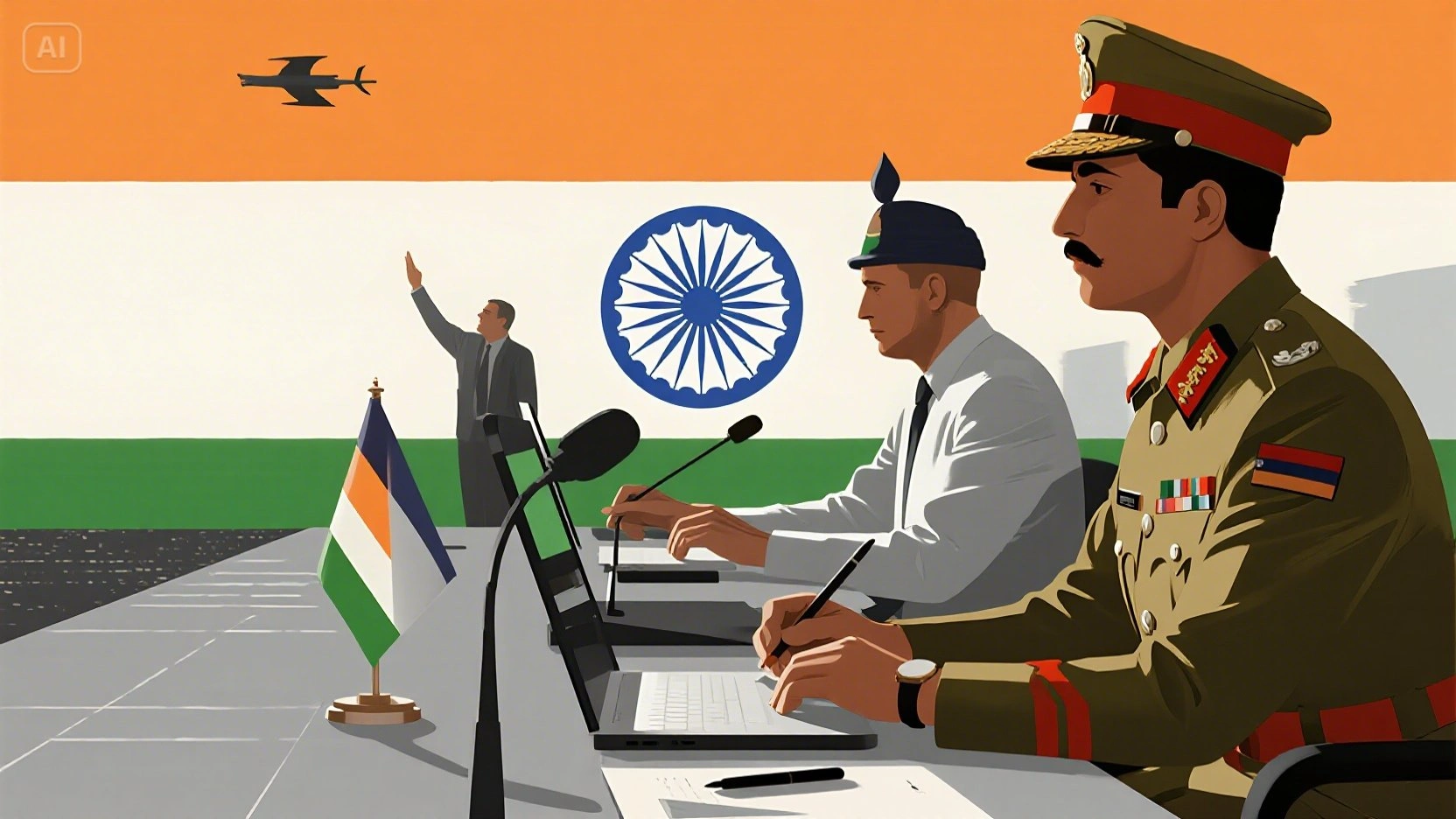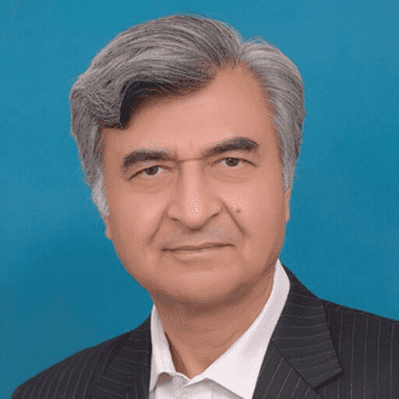A recent Reuters analysis that India is conducting her international policies manoeuvres because the country is being unnerved by Trump and Pakistan outreach, or it is based on arrogance and misplaced hubris, is totally misreading the mature and realistic aspects of the game where India rightly poises itself. Describing the subtle shifts in policy makers in India as the reactive opportunism or passing a knee-jerk response towards the friendly relationship between Washington and Islamabad would be a simplified way of a very complex geopolitical environment and would deny the presence of a large-sized power in a multipolar and volatile world. The discourse of India attempting to dictate US policy or harbouring the ambitions that it will knock the US out of its place in the Indian Ocean Region (IOR) is a part of a severe miscalculation of what India is trying to do and where it has stakes in the game.
When it is said that Trump meeting with Pakistan FM Munir, the claim of this making India feels completely unnerved, there is a presumption of frailty not in line with the strategic strength shown by India. Though it is quite clear that New Delhi cannot fail to note with some very sharp interest, all the significant power shifts within its own backyard, it is also clear that the complex and century old US-Pakistan relationships can hardly be said to have caused New Delhi to panic at its responses. The fact that India is feeling threatened by possible US military assistance to Pakistan cannot be viewed as petulance: this has been spanning over several decades. Advanced armaments that are euphemistically allegedly procured to counterterrorism have often been handily used in conventional posturing against India at the cost of destabilizing the region. India has not been over reactive but a logical evaluation of past antecedent, as well as a threat horizontal. The argument of India disregarding Pakistan as being a strategic country is also a fallacy. New Delhi very well knows the geography and the complicated relations of Pakistan. But India is entirely justified not to confuse recognizing the existence of a nation with the strategic decisions, especially regarding funding of non-state actors, which is a central element in the Indian security were Reuters analysis lags.
Of the accusation by the author of this article that India is engaging in arrogance which clouds geopolitical insight, the charge is especially ironical. A non-naïve geopolitical perspective is exactly what helps to enhance India multidimensional policy. India reaching out to China, which has been labelled as a knee-jerk opportunistic tango (which it has not) is testimony to subtle statecraft, as opposed to disingenuousness. The situation along the border is strained; it is not resolved yet; rapprochement is out of reach. But the idea of seeking calibrated economic re-engagement (loosening some investment barriers) and discussing diplomatically on a global context characterized by US inconsistency and common problems (such as economic headwinds), is the embodiment of pragmatic realism. It is the realization that interaction with even opponents can contain both dangers and putting a distance to further pursue national interests in other areas. To smear this as a kind of “opportunism” and not to look at the transactional interactions of the West (e.g., interaction with Saudi Arabia, Vietnam, or in fact with Pakistan itself) is sheer one-sidedness of standards.
The idea of India trying to dictate American policy towards Pakistan or to force the US out of the Indian ocean is a suicidal miss-characterization that is touching on strategic paranoia. India aims at persuading rather than dictating based on valid security interests prompted by Pakistan. India is interested in a secure stable neighbourhood that can favour its own growth. A less anti-India jihadist-proxy dependent Pakistan which happens to be internally developmentally oriented is in the interest both of India and the long-term interests of the West. As far as the IOR is concerned, India does not have a vision of exclusion. Being the resident sea power that has the longest coastline and a crucial interest in the security of sea lanes of its energy and trade, India finds it natural to want a dominant involvement in the management of the region. This is presented in such efforts as SAGAR, Security and Growth for All in the region, and our active involvement in Quad (with the US, Japan, Australia). The Quad itself exemplifies how India feels comfortable and plays the role in supporting such a framework that involves a major US involvement. India is not interested in the ousting of the US Navy but strategic independence and making sure that no nation has dominant power in the IOR. The US has not acknowledged the immense possibilities of complementary roles that can be played by a stronger India, in maintaining a free and open Indo-Pacific.
The charge against India on its position with the Afghan Taliban as being inconsistent does not take cognisance of the changing realities on the ground and need to deal with the de facto authority in Kabul to protect national interests in the real sense and especially those to do with the counter-terrorism front that is emanating out of Afghanistan. It is not ditching principle but accommodating tactics in a new situation which is equally practiced by all the major powers except for the US which negotiated with the Taliban directly.
“Nations have no permanent friends or allies, they only have permanent interests.” Lord Palmerston
The re-calibration of India as a foreign policy is not a work of panic, hubris or domination but one of an objective evaluation of its everlasting interests under a time of major strategic change. It is the logical move of a big power of assuming strategic autonomy to sail in the storms of uncertainty to ensure its own future. Domesticating this as either weakly, or too ambitiously, is not in anyone interest in the interplay of geopolitics in the Indo-Pacific.








